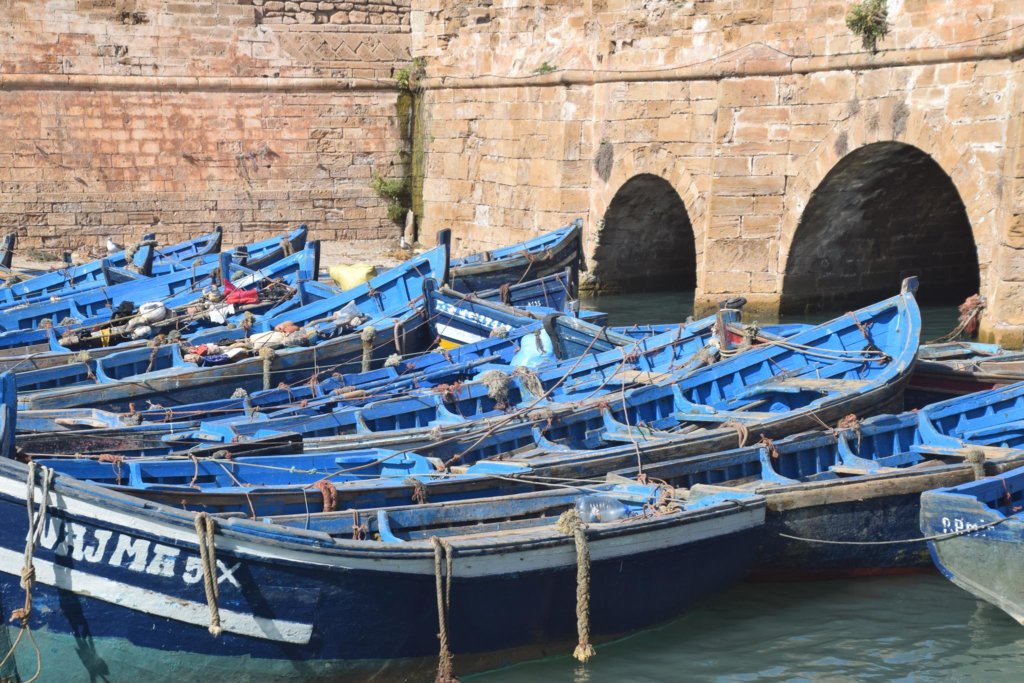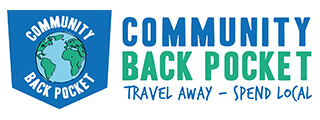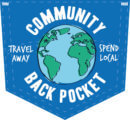
How to minimise ‘tourism leakage’
A lot of travelers don’t understand what responsible travel means. Even less understand the concept of ‘tourism leakage’.
Tourism Leakage is the phenomenon whereby the majority of money made through tourism leaks out of the local economy. Instead of impacting host communities, it lines the pockets of global conglomerates. In certain countries, especially developing ones, up to 95% of the money spent by travellers can leave the local destination.
But, it’s not only developing countries where Tourism Leakage impacts. I recently found out that over 20% of the wineries in the Hunter Valley, NSW are Chinese owned. They may employ locals, but the majority of profits leave Australia.
Here I share my top 10 tips on how to help reduce ‘Tourism Leakage’. I hope they help you to make considered choices on your next trip.
1. Choose a local tour company owned and operated by locals.
Ensure that you have asked the question “who owns the company” to avoid third party organisations and revenue by-passing locals. Sometimes what first appears to be a local company with local guides is actually internationally owned. When it came to climbing Kilimanjaro, I wanted to ensure that I was travelling responsibly and climbing with a local tour company. Read about our experience climbing Kilimanjaro with Kili Heros here.
2. Stay local.
Responsible travel means steering clear of large international brands and hotel chains and find locally owned accommodation. I think that locally run guest houses and hotels offer a much more authentic and personal experience anyway. Staff are often passionate and want to show off their home and the local community. They tend to share their expertise on what to do that may not necessarily be in the guidebooks. Read about our stay in Khao Lak with Wandee here.
3. Book direct where possible.
Booking sites such as booking.com and Expedia have benefits in that they market local accommodation internationally and to a wider audience than they can do themselves, but they do take a %. If you see accommodation you like the look of, contact them to see if you can book directly on the same deal. This means all the money will go into the owner’s pocket.
4. Eat local.
Find locally-owned restaurants and cafes instead of international food joints, restaurant chains or hotels. These options will normally provide you with a more traditional insight into the local way of eating as well as often tastier, cheaper and fresher food. This may mean being adventurous and taking yourself out of your comfort zone but what’s the point in travelling if you’re not going to experience the true essence of your destination.
5. Drink local.
Visit locally owned bars and cafes. This means drinking the local tipple rather than imported beverages as well as choosing to drink at locally owned cafes and bars instead of Starbucks and Costa.
6. Buy local.
Source local produce and visit markets. Always ask if the revenue will be going back into the local community. Be brave, try new things rather than staying within your comfort zone. Responsible travel is about purchasing locally made souvenirs and avoiding mass-produced products most probably made in China. Hunt out more authentic locally made keepsakes.
7. Travel local.
Not only do you get a more authentic experience of a community, using local transport links impacts the local community positively and creates jobs. Different countries will have different types of local travel, everything from tuk-tuks in Thailand to matatus in Kenya.
8. Be inquisitive.
Question, question, question! Responsible travel means sparking up a conversation with locals at any opportunity. Aim to learn more about the community you are visiting, the people and their cultures, traditions, and cuisines. I find I like to wait until I get to my destination before booking anything as the locals will know best. I ask them about attractions, places to eat, drink, visit, stay, about the history, the people and the stories behind them.
9. Spread the love.
It’s common that tourism money is spent in small defined and popular areas. Overtourism has been high on the agenda for a few years now. Try and visit less frequented areas and spread the positive benefits of tourism outside of well-trodden obvious locations. Even if I’m in one location for a few weeks I try to break it up and stay different accommodation to spread the tourism $. This also gives me the opportunity to meet different local people and to have a couple of experiences rather than just one.
10. Use a sustainable travel measurement tool.
I understand responsible travel and the above tips take research and time and that sometimes this isn’t possible. It also takes a certain amount of confidence and for many travellers this is where trusted and recognised international tour operators come into their own. If you do decide to book with an international brand use a tool such as G Adventures Ripple Score. This simply provides you with an indication of the tourism leakage effect. The higher the Ripple Score, the more money is staying with the local communities.
Until the next time, travel away and spend local!

